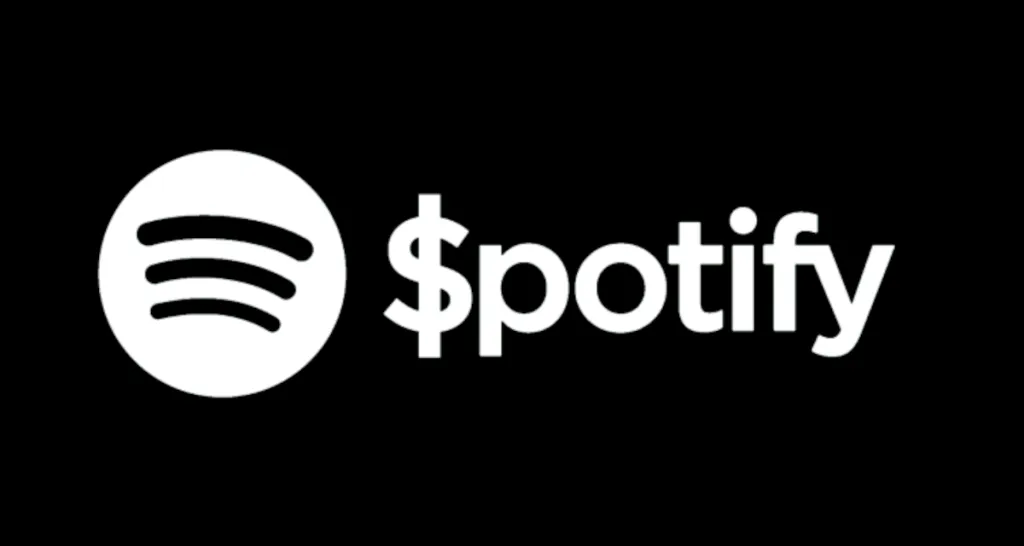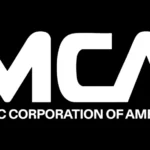Spotify (NYSE: SPOT) shares surged past the $600 mark during today’s trading session, sparking investor interest just days before the company’s Q1 2025 earnings report drops on April 29th. The big question now: Can the upward momentum continue?
Analysts appear cautiously optimistic. As we reported earlier this week, several firms have issued bullish forecasts—though some are more measured than others. Since then, Benchmark has trimmed its SPOT price target to a still-lofty $700, citing optimism around Super-Premium, podcast profitability, and advertising growth. Meanwhile, Wolfe Research expects shares to hit $660, and UBS is aiming for $690.
All in all, the consensus remains largely positive. But despite broader market trends influencing SPOT’s movement, the stock’s post-earnings trajectory will likely hinge on core metrics—especially subscriber growth and profitability.
As anticipation builds, Spotify insiders continue to offload shares. While the stock crossed $600 earlier today, it hovered around $590 at the time of writing. Notably, executive and director sales are now approaching a cumulative $2 billion, much of which has taken place in 2024 and 2025.
Back in mid-April, DMN Pro reported that internal SPOT sales had reached $1.8 billion. Adding to that total, CEO Daniel Ek sold an additional $28.2 million in shares just last week, continuing the selloff trend.
Beyond the numbers, recent Spotify job listings offer a look into the company’s strategic direction. While nothing earth-shattering has emerged in April’s postings so far, one listing for a publishing-licensing manager is notable—especially as Spotify navigates ongoing tensions with the music publishing world.
At the same time, the company is doubling down on its advertising overhaul, with several new roles targeting that space. Perhaps most intriguing: Spotify is now seeking someone specifically focused on selling ad space to pharmaceutical brands. That’s an interesting move amid relatively modest ad-supported revenue—and increasing chatter about a potential U.S. ban on televised pharma ads.
Related Articles
HiphopNewsUS 🇺🇸
Post Malone’s Hitting the Road for One Big Ass Stadium Tour & Here’s How to Get Tickets
Post Malone’s Big Ass Stadium Tour: Where to Get Tickets Online After...
Bybrian1 Mins read
NewsUS 🇺🇸
Universal Music Group Nashville Rebrands as MCA)
Universal Music Group (UMG) has reintroduced a legendary name in music, announcing...
Bybrian1 Mins read
NewsKE 🇰🇪
Saheem Ali Brings Kenyan Coast Heat to Broadway in New Musical ‘Goddess’
Saheem Ali‘s journey from Nairobi to New York has been guided by...
Bybrian7 Mins read














Leave a comment